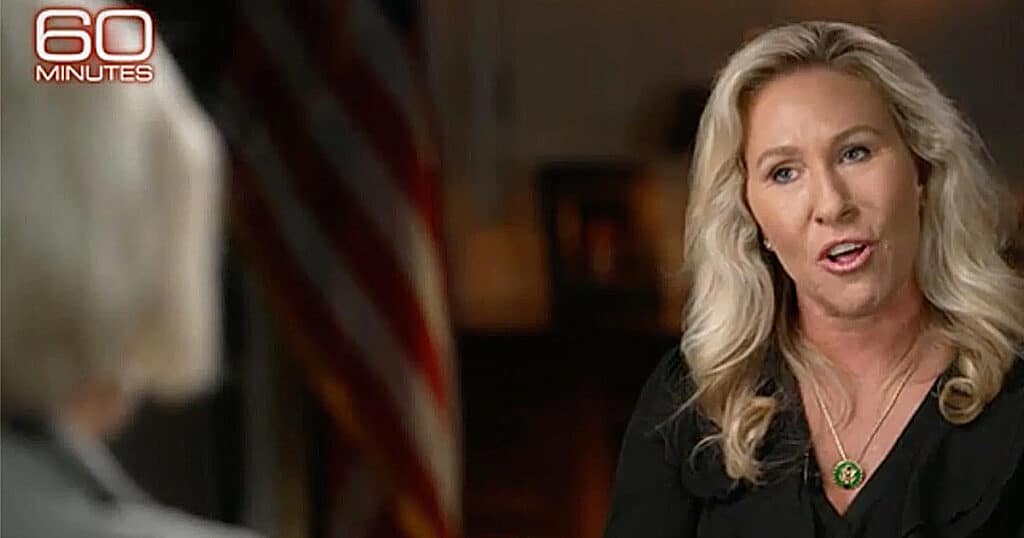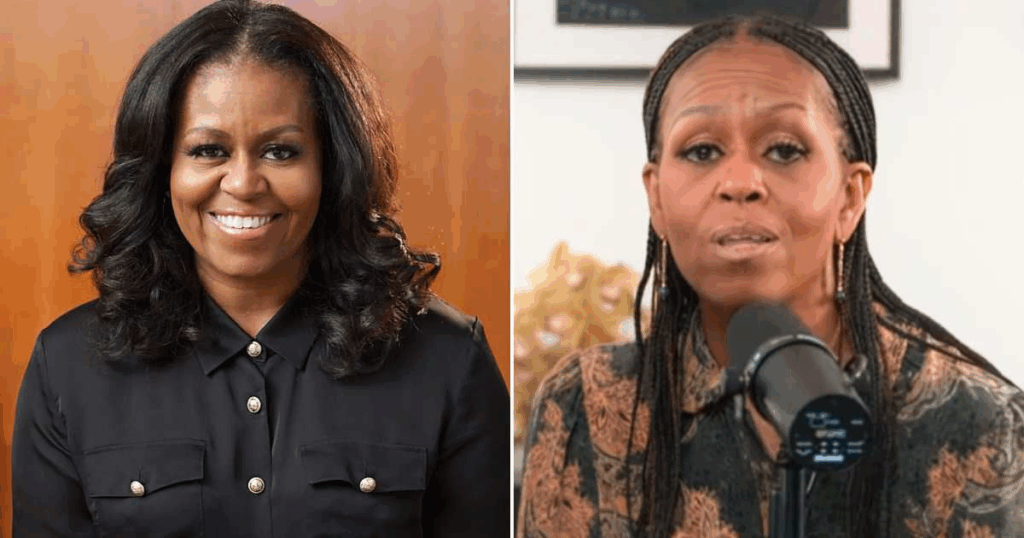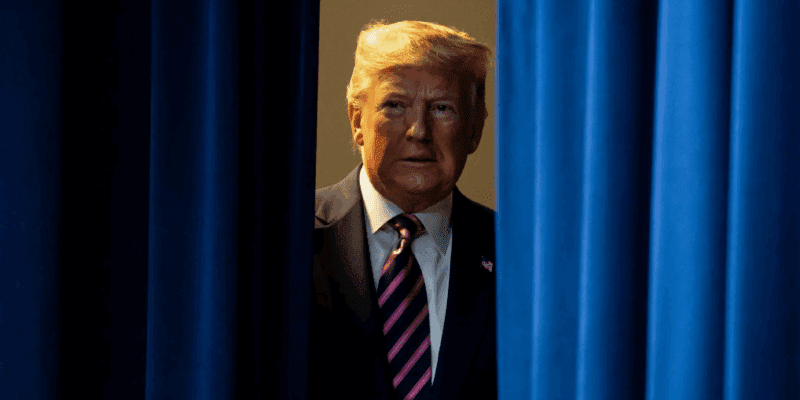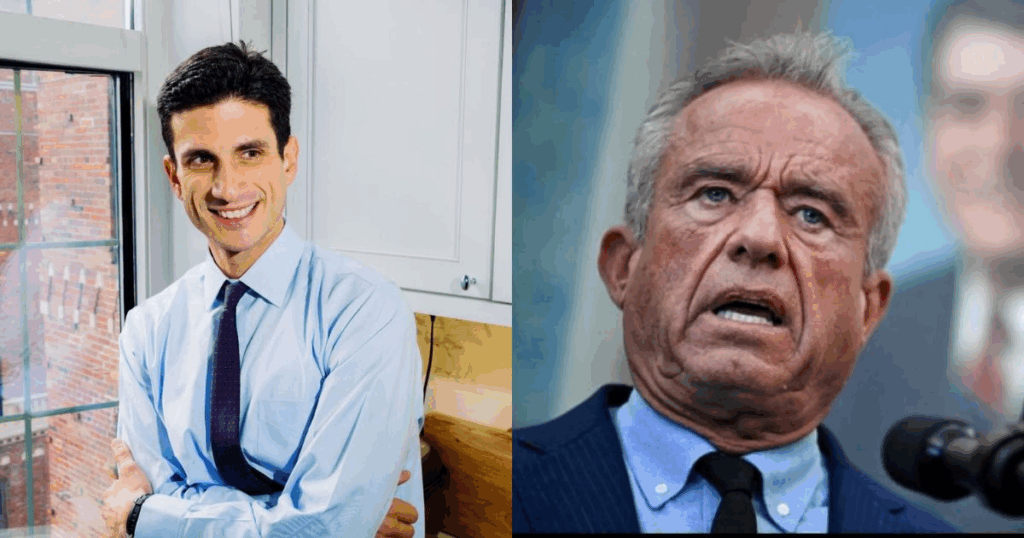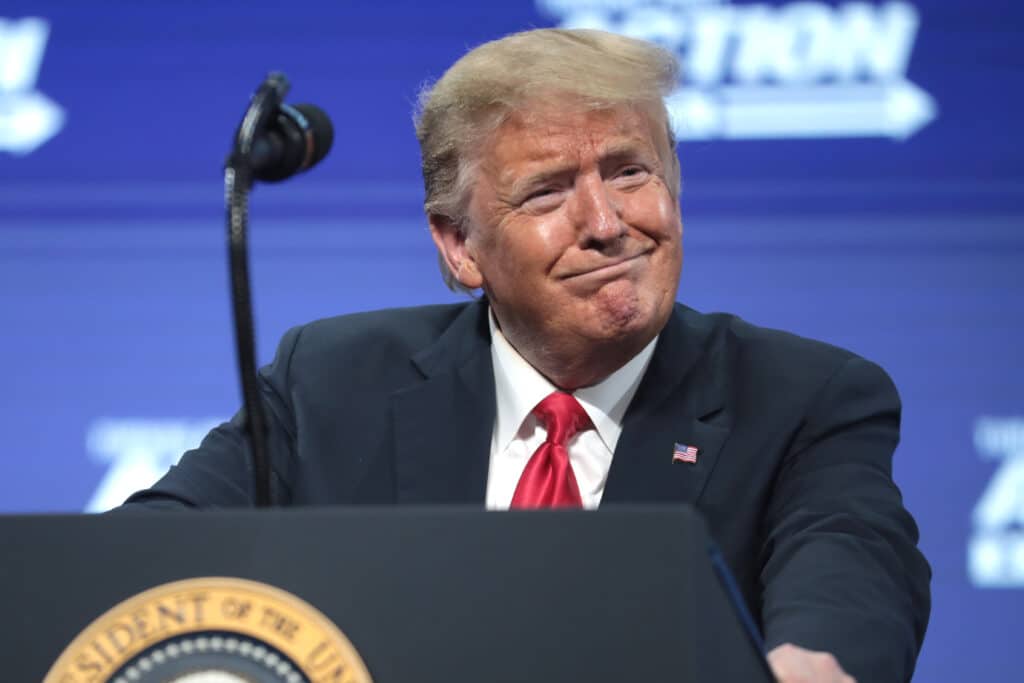
Trump’s McDonald’s Moment: “Affordability Should Be Our Word, Not Theirs”
Donald Trump Jr. pulled into the drive-thru during vacation with two of his boys and picked up a talking point. “We went to McDonald’s, and it was $48 for a 10-year-old, 14-year-old and me,” the eldest son of the wealthy president would recall during the 2024 campaign. “If Donald Trump Jr has sticker shock at McDonald’s,” he said leaning into the class dynamic, pausing for effect, “we have a serious problem!”
The bit always killed. It was an encapsulation of the deep economic discontent with Democrats that drove voters into the arms of his father. More than any other issue, exit polls later showed, anxiety over the economy helped make Trump president a second time.
A year later, despite slowing inflation and a booming stock market, relief has not yet trickled down to the kitchen table of everyday Americans. Even McDonald’s remains expensive. And now Democrats, not Republicans, are the ones winning off-year elections on the affordability question.
President Trump attempted something of a reset on Monday at the McDonald’s Impact Summit. And he did something rare while doing it: He acknowledged that economic pain was ongoing during his watch, and he admitted his job was not done.
Inflation has abated from its peak during the Biden era, but he insisted it could still go “a little bit lower,” explaining to owners and operators of his favorite fast-food franchise gathered in Washington, D.C., that “we want perfection.” Markets remain strong and foreign investment is flowing into the country, he added, “but there’s still a lot of work to do, and we’re making tremendous progress.” And while he claimed that the country was doing better than ever, the president implied that his Golden Age remains somewhere on the horizon.
“We’re fighting for an economy where everyone can win,” Trump said, “from the cashier starting a first job, to a franchisee opening his first location, to the young family in the drive-thru line.”
All of this is an undeniable shift. The president told Laura Ingraham of Fox News just last Monday that concern over rising prices was “a con job by the Democrats.” The same president then said one week later of Republicans and Democrats, “Affordability should be our word, not theirs.” He qualified, of course, that he was cleaning up a different president’s mess. “The Biden administration started the affordability crisis,” he said, “and my administration is ending it.”
Exit polling from the Associated Press found that economic anxiety, not immigration or crime, remained top of mind for voters across the country, a majority of whom pulled the lever for Democrats earlier this month. The fear among some Republicans: Trump may be making the same mistake as Biden did, namely overhyping economic achievements at a time when voters still feel pain at the pump, in the grocery checkout, or at the drive-thru.
Rep. Marjorie Taylor Greene, formerly a Trump favorite, delivered that warning, to the frustration of the White House. “Gaslighting the people and trying to tell them that prices have come down is not helping. It’s actually infuriating people because people know what they’re paying at the grocery store,” the Georgia Republican said last week during an appearance on “The Sean Spicer Show.”
No amount of political spin, Greene added, can change personal finances. “They know what they’re paying for their kids’ clothes and school supplies,” she said. “They know what they’re paying for their electricity bills.”
Foreign policy dominated much of Trump’s first year back in power, drawing his attention across the globe and often taking him away from the White House. In the coming weeks, however, he is expected to travel around the country to talk about the economy.
And some Republicans close to the president believe that is where his focus, or at least the emphasis of the White House, should have been all along. One source familiar with Trump’s thinking cautioned that “no one gives a damn what you did to solve Middle East peace, when they have no peace in the grocery store.”
The GOP now finds itself in the same unenviable position as the Biden administration did: urging an increasingly exasperated public for patience. Their hopes hang on the marquee legislation Trump signed into law earlier this year. “The criticism has more to do with messaging than policy. Messaging is obviously an important part of politics, but what else do critics want him to do in terms of policy?” asked a senior Trump campaign aide. “We passed the One Big Beautiful Bill.”
Speaker Mike Johnson agrees. “Remember, we’re trying to dig out from four years of terribly backwards policy,” he told RCP the day after a blue wave crashed in on Republicans up and down the map. “You don’t flip a switch and do it overnight,” the speaker said before noting that his party “did try to temper expectations.” Johnson predicted that the deregulation and tax cuts inside the OBBB will be “like jet fuel for the U.S. economy.”
The effects of that legislation will be obvious come April when voters have more cash on hand after tax season, predicted Alex Pfeiffer, formerly the White House’s principal deputy communications director. “The One Big Beautiful Bill will become big, beautiful refunds,” he told RCP, “because if you’re a tipped worker, an overtime worker, or a senior on Social Security, you’re going to feel the benefit.”
This is the drum that longtime Trump pollster John McLaughlin wanted Republicans to beat incessantly. “I’m frustrated because I see it and it’s obvious,” he said, that “we should have really been pushing a much stronger contrasting message with the Democrats on taxes.” To McLaughlin, this is the ultimate affordability issue, one that naturally favors the GOP.
“It’s not insult to injury. It’s injury to injury,” McLaughlin said of Democrats like New York Mayor-elect Zohran Mamdani, who touted higher taxes on their way to victory. “People cannot afford to pay higher taxes on top of higher groceries and higher mortgages and higher interest rates.”
Back to the McDonald’s drive-thru.
Trump worked one briefly during a campaign stunt, delighting his supporters as he manned the fry station for a shift weeks before the presidential election. Returning to fast food, said GOP strategist Doug Heye, immediately grounds the conversation. “A lot of people are either working at McDonald’s daily or on the other side of that window every week,” he said. By kicking off his affordability push during an address to franchise owners and operators, Heye said, Trump picked a real-world example that demonstrates to voters he “understands what the problem is and is working to fix it.”
An unhealthy staple of the American diet, fast food is convenient but not cheap. Beef prices have steadily increased in recent months even as other staples, like coffee and eggs, have gotten cheaper. A 2024 survey by LendingTree found that 78% of consumers consider fast food a “luxury” purchase because of the rising cost of a value meal. Families are increasingly going without the Big Macs and Filet-O-Fish that Trump favors. The president made only a passing reference to meat prices Monday, telling McDonald’s franchise owners that decreasing energy costs would bring down costs overall.
Trump did offer a special thanks to McDonald’s for “bringing back the extra value meals – I heard you’re recommitting to the affordable options of the Americans that we really know and love.” Earlier this month, the fast-food giant committed to eating some of the cost in order to reduce prices and to win back budget-conscience consumers. “Maybe I’ll have to be back here again next year,” he told the crowd, “if you get them down enough.”
A second speech would require Trump to step aside from the campaign trail ahead of the midterms. Affordability, and not just for fast food, will loom large.
This article was originally published by RealClearPolitics and made available via RealClearWire.
